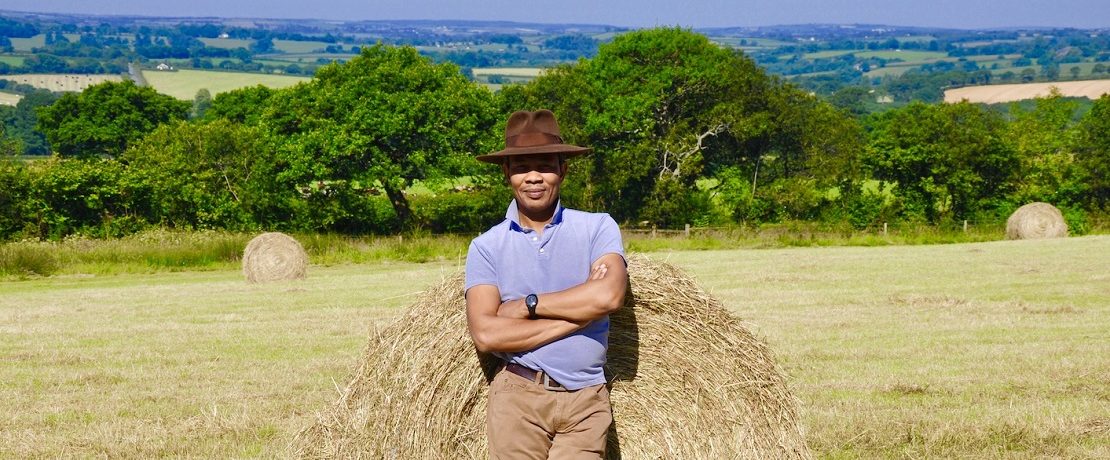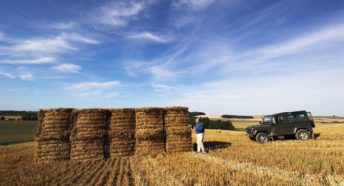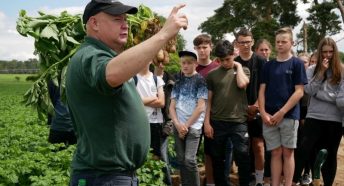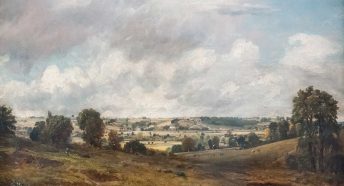Wilfred Emmanuel-Jones MBE: ‘My England’
Wilfred Emmanuel-Jones MBE on his connection with the countryside, attracting new blood into agriculture, and why he’s known as ‘The Black Farmer’
I’m from the Windrush generation. I came to this country from Jamaica in the 1950s and was brought up in Small Heath, Birmingham, far from my family’s rural roots.
We were very poor, and my dad had an allotment that not only provided us with additional food, but also became my oasis of peace and calm, away from the urban jungle. As an 11-year-old, I made myself a promise that one day I would have my own farm.
Over the years, I’ve worked in many areas of the food industry. It wasn’t such a glamorous industry back in the day: if you failed at everything else, catering was your only option. I did really badly at school – I’m dyslexic – and left with no qualifications. I went into the army for a bit but got kicked out. So I went to catering college and became a cook.
I went from flipping burgers to eventually getting a job at the BBC, producing and directing food programmes. It took me about 35 years to get into the position where I could buy my own small farm.
Bringing diversity to the countryside
As an immigrant, it’s very difficult to get into the farming industry, because many farms are handed down the generations. The only way to afford one is either to make a lot of money or to rent or lease the land.
Today, vast swathes of land are owned by big institutions, such as the National Trust or the Church of England, who get land agents to rent it out – usually to the same sort of people. I’d like to see these kinds of organisations rent a certain percentage of land to those who are new to the industry, to bring new blood into rural Britain.
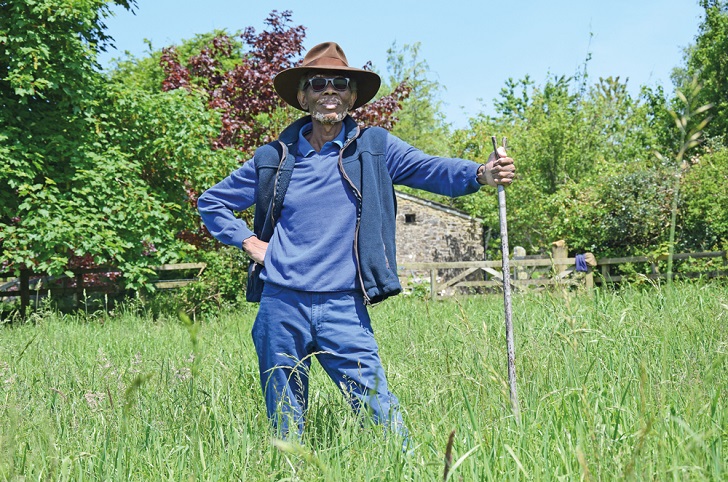
For me, land is like belonging. I regard myself as a black Englishman, and I can actually walk around a piece of land that I own, listen to birdsong, enjoy the fantastic sunsets. That really does give you a connection with your country. The more people from diverse backgrounds who can get access to land and have that sense of belonging, the better it is for us as a society.
Challenging stereotypes
In my case, nothing and no one was going to get in the way of my dream. When I told my friends I was going to buy a farm in Devon, they thought I was nuts. And when I did, a lot of locals thought I was nuts, too, because so many people were leaving farming.
The police were called when I put in my first polytunnel, because someone thought I was growing weed. The moment you break a stereotype, it’s a bit of a head-scratcher for people. My neighbours used to call me ‘the black farmer’, so that’s what I decided to call my brand.
The countryside isn’t a racist place. In my experience, there’s more racism in urban Britain than there is in rural Britain. People say that they feel stared at in rural environments, but the reality is that anyone unfamiliar might be stared at in a small rural community, whether they’re black or otherwise.
A bright future for farming
At the moment, there isn’t a bridge for young people wanting to go into agriculture to come and work in rural Britain. My big ambition is to open a bricks-and-mortar experience that will be a cross between a farm shop and a place for people from urban Britain to grow and rear produce, and see if they like the industry.
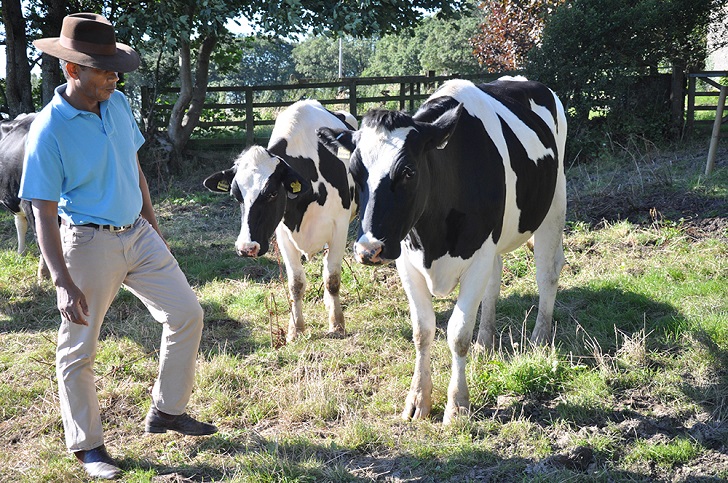
I see real opportunities ahead for farmers. I would like to see Britain being held up as an example for the rest of the world for our food standards. To survive the challenges we face, we have to look at what it is that makes Britain unique, and market that to the consumer.
Being in a rural environment gives you perspective. If there’s one thing that Covid has demonstrated, it’s that there’s no such thing as certainty. Living in rural Britain, you make a friend of uncertainty. You never know what the weather’s going to be like or what tomorrow is going to bring. You live within nature and the elements. That’s part of the beauty of living.
A sense of purpose
There’s nothing like nearly dying of acute myeloid leukaemia to make you realise what’s important. I was in hospital for a year while the doctors worked to save me and I’ve now got something known as graft versus host disease, which means that I’ve lost pigmentation in my skin.
When I look in the mirror in the morning, it’s a reminder that I’m lucky to be alive. That really helps you focus on fulfilling your purpose. I see mine as demonstrating that it’s possible for a black person to live and work in rural Britain; and inspiring people of all backgrounds that they don’t have to settle for life in a city tower block if they feel more comfortable in the countryside.
Wilfred Emmanuel-Jones MBE is a businessman, gentleman farmer, former Conservative Party candidate and founder of ‘The Black Farmer’ food range.
This article was originally published in CPRE’s award-winning magazine, Countryside Voices. You’ll have Countryside Voices sent to your door three times a year, as well as access to other benefits including discounts on attraction visits and countryside kit from major high street stores when you join as a CPRE member. Join us now.
